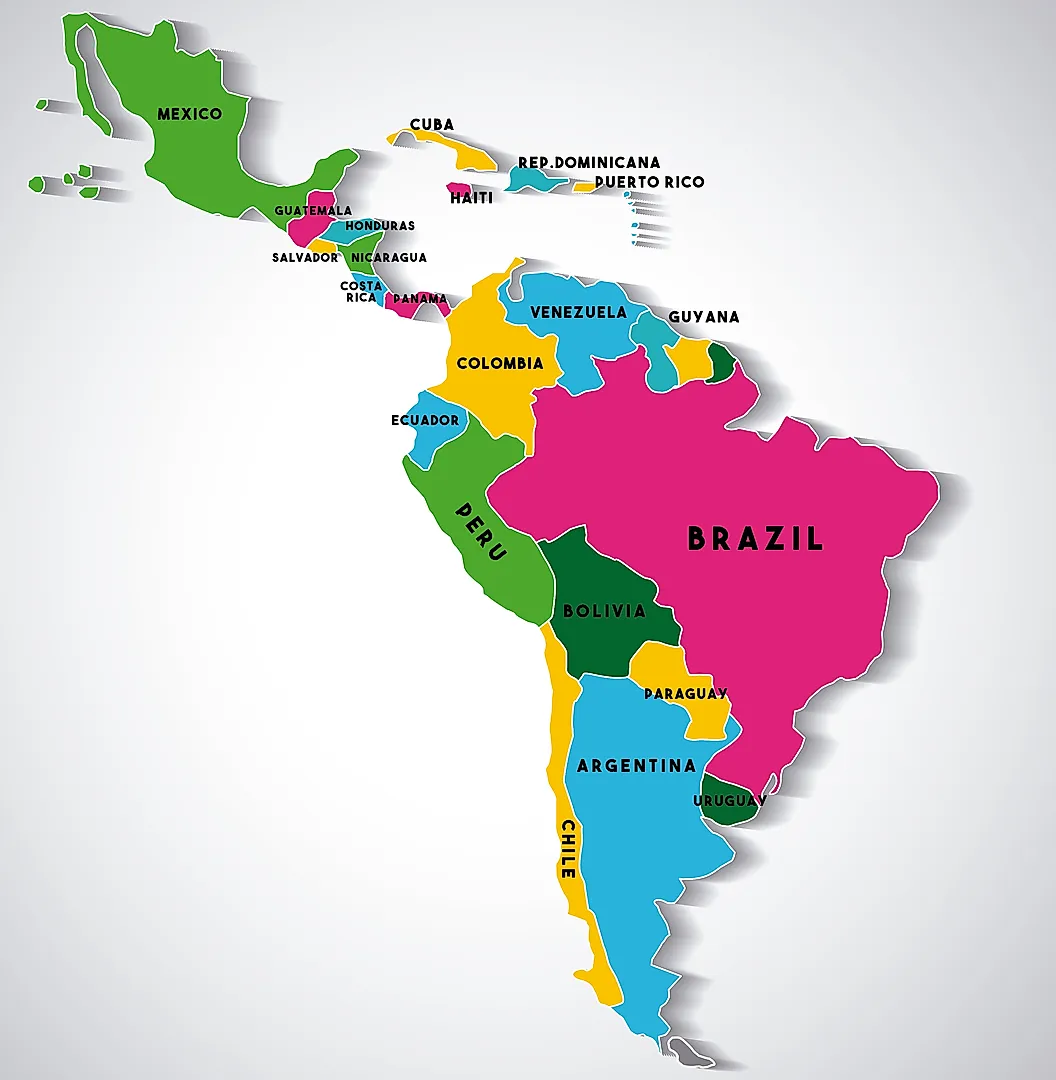Following La Libertad Avanza’s surprising victory in Argentina’s midterm elections, President Javier Milei’s government has strengthened its position in both chambers of Congress, enabling it to push a comprehensive economic reform package aimed at liberalizing the Argentine economy, a prominent legislative source has told the Herald. The package will include the 2026 budget, as well as tax and labor reforms. LLA plans to pass the budget before year-end, although it expects to hold special sessions during the summer, when Congress is normally closed, to advance the rest of the legislative agenda. The national budget received committee approval on Tuesday, meaning it can be debated on the chamber floor. However, LLA sources told the Herald they plan to postpone discussions until the new legislators are inaugurated in early December. As required by Argentine law, the Economy Ministry presented the budget to Congress in September, and Milei gave a nationwide broadcast commenting on its contents, emphasizing his dedication to fiscal balance. The macroeconomic projections include 10.1% inflation for 2026, down from an estimated 24.5% in 2025, alongside expected growth of 5% and a nominal dollar exchange rate of AR$1,423 by December 2026, which is lower than the current official rate of AR$1,474. The most recent budget approved by Congress is from 2023, meaning that Argentina has operated for two years without lawmakers passing a budget. This exceptional situation means the executive branch has had to allocate funding by decree in 2024 and 2025, since growth and inflation have significantly affected the nominal values of line items in the intervening two years. According to one of Milei’s prominent legislators, governors will be able to negotiate over the budget as long as the books remain balanced. “Fiscal balance is non-negotiable, because the election results confirm the direction established by this government,” a source familiar with the legislative agenda said. “They have no intention of not passing a budget, but if fiscal balance isn’t taken into account, it will be vetoed outright by the president.” The election results will give LLA 93 deputies (56 more than they have now) and 20 senators (13 more). If they can secure support in the Chamber of Deputies from co-operative parties such as PRO or the UCR, they will be close to reaching quorum — the simple majority needed for congressional debates to begin. Furthermore, with more than a third of deputies responding to LLA, the ruling party will have the numbers to fend off attempts to overrule Milei’s presidential vetoes, since both houses need to reach a special majority of two thirds in order to overturn a veto. LLA members are joking that they “don’t know what to do with so many legislators.” ‘Modernizing’ Argentina’s economy: labor and tax reforms Alongside the budget, the government is pursuing two reforms. One is a tax reform aimed at reassessing the tax burden, although the potential for cutting taxes depends on the books remaining balanced. LLA has identified the check tax (which applies to checking account transfers) and gross income tax as particularly distortive, though details regarding the new regulations are not yet available, as the final text of the bill — which is being drafted by Treasury Secretary Carlos Guberman who has strong ties to Congress — has not been finalized. The labor reform bill is being drafted by Deregulation Minister Federico Sturzenegger. The final version is a work in progress, but Milei’s legislative representatives say the reform seeks to register over 8 million workers who are not formally employed. The government’s toughest battle will likely involve plans to allow labor negotiations to go via individual companies or take place at a regional level, which would disrupt the current model of centralized negotiations through unions. In Argentina, each sector has one union that is authorized to negotiate with business chambers on behalf of its members, determining wages and working conditions for that sector. These agreements must be implemented across all the companies in the sector. This arrangement consolidates the collective power of workers, granting strong union leaders more strength in the negotiations with management. Unions are organized into federations such as the CGT, which facilitate negotiations with the highest levels of business and national authorities. “A large company is not the same as an SME in the interior of Argentina,” a Congress source said, arguing that laws need to account for companies’ widely-differing sizes. A possible pension reform is not on the agenda for Milei’s current term in office. “It will be left for his second term,” they joke, adding: “We need more people registered [at work], so labor reform comes first.”
Budget, tax, and labor take the limelight after Mileis midterm victory
Date:




